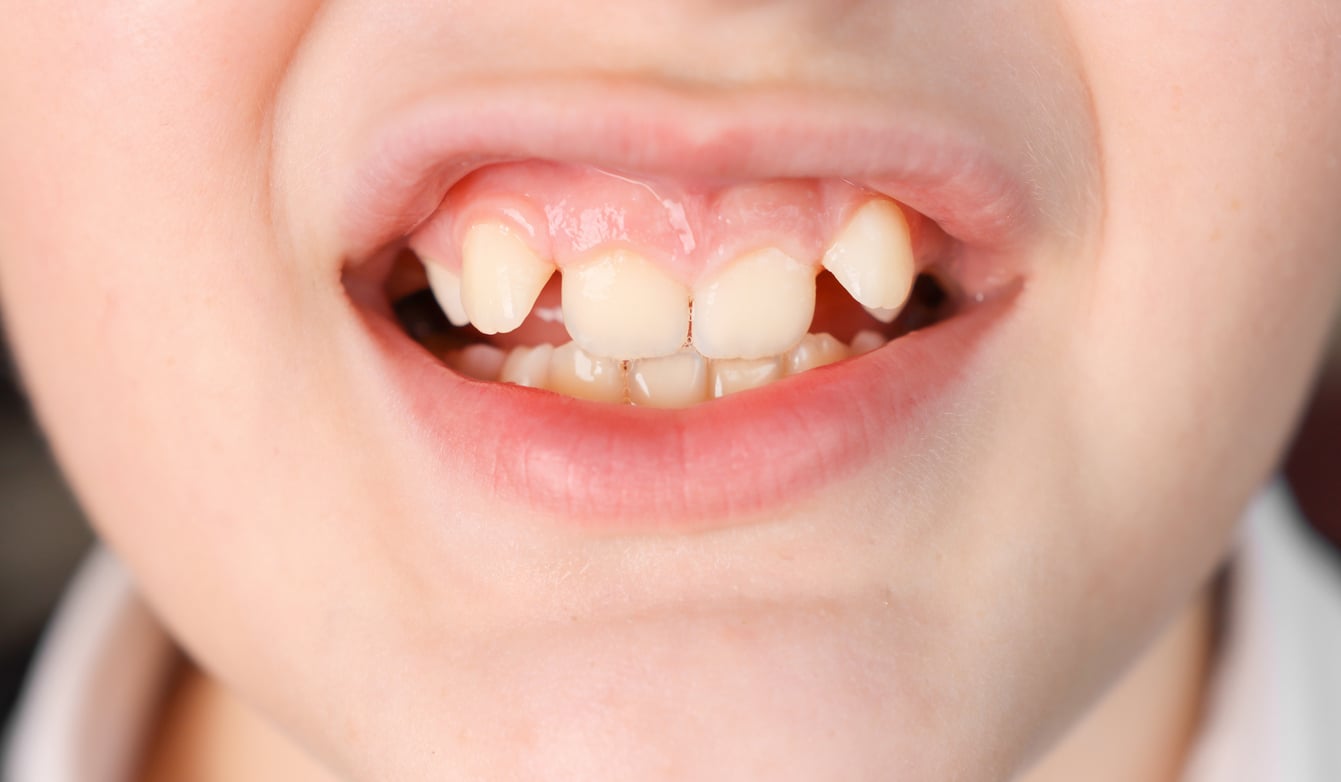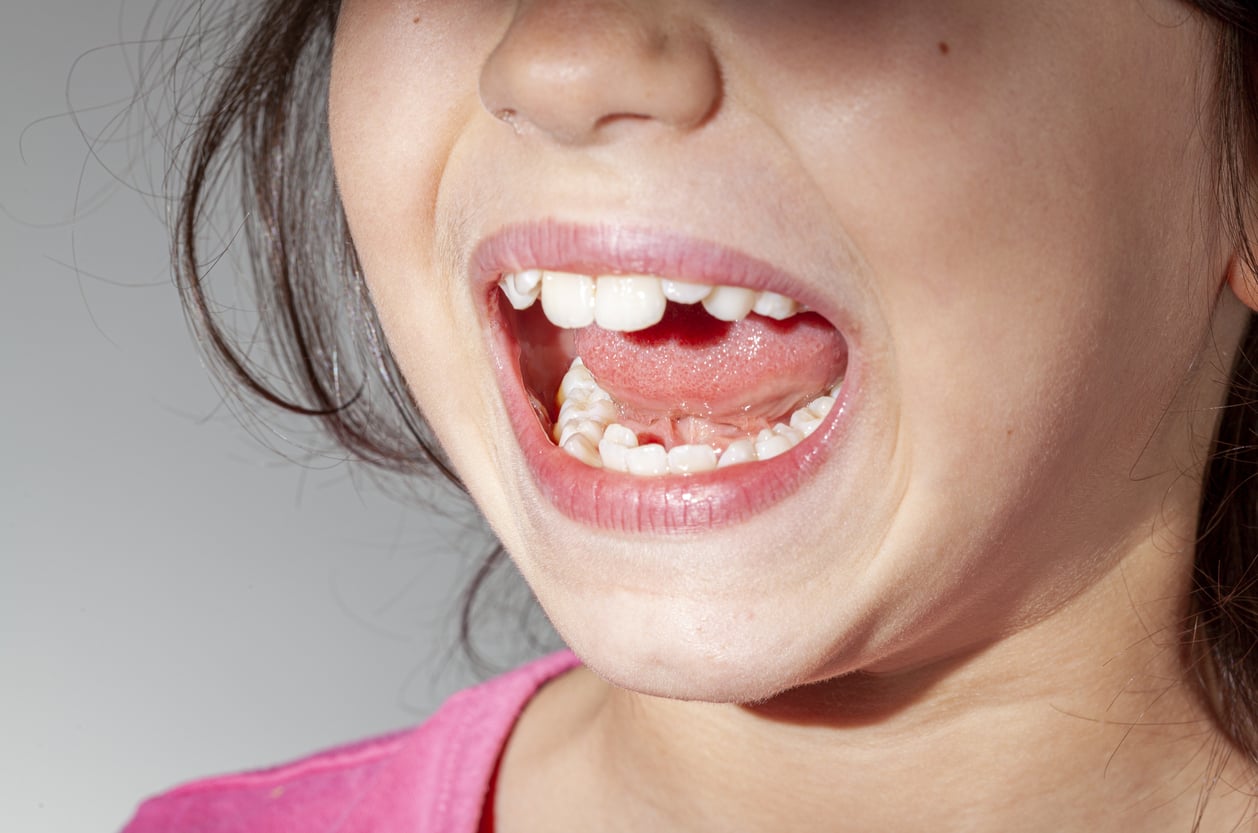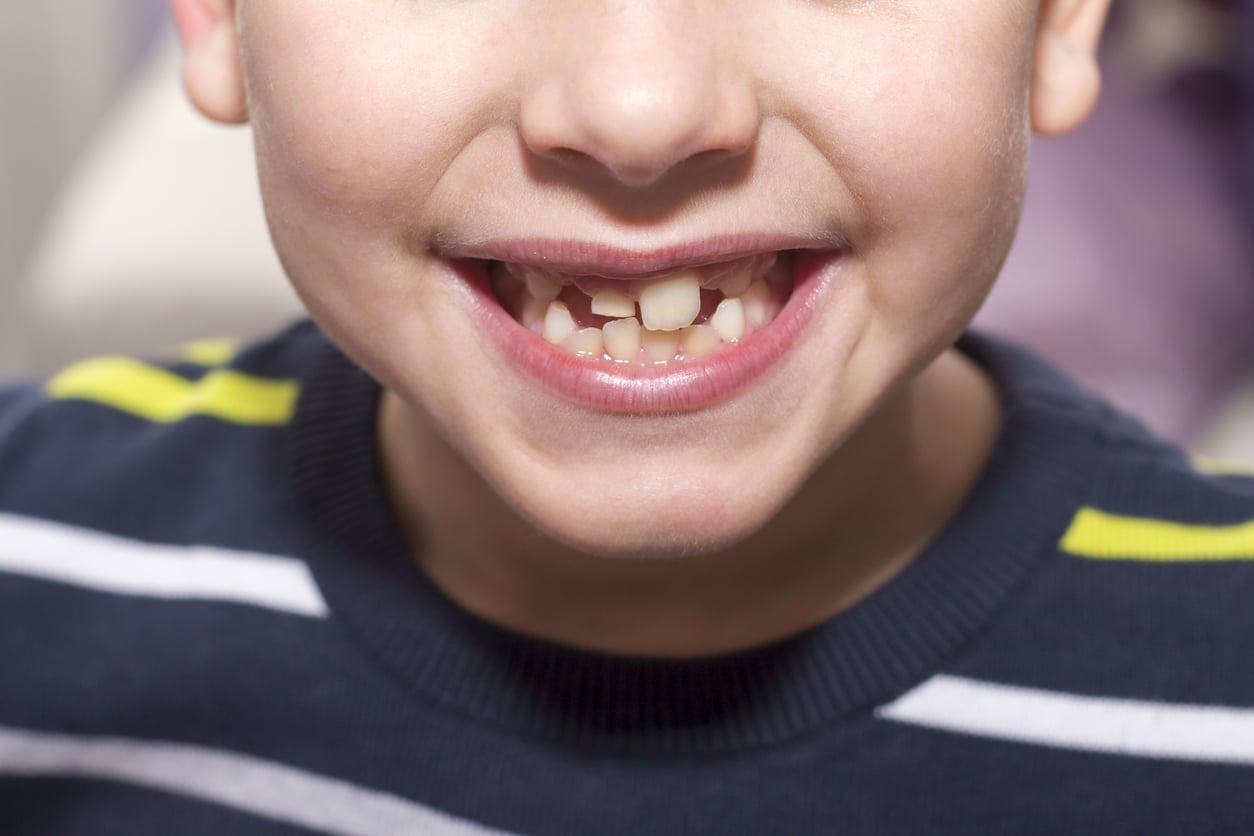10 Signs Your Child May Need Braces
These days more and more children need to get braces. Not sure if your child needs them too? If any or several of the signs listed below apply to your little one, then there’s a big chance braces may be needed. Here are the 10 signs your child may need braces.
Related Topics (Ads):
Experiencing Discomfort or Pain During Mealtimes
Discomfort or pain during mealtimes can be a sign that your child needs braces. If your child experiences pain when chewing, it could be a sign that their teeth are not aligned properly. In addition, if your child experiences discomfort when biting into hard foods, it could be a sign that their bite is not properly aligned. If you notice any of these signs, it is important to schedule an appointment with an orthodontist to determine whether or not braces are necessary.

Noticeable Mismatch in Bite
A noticeable mismatch in the alignment of your child's teeth may be a sign that they need braces. When teeth are crowded or gaps exist between them, it can create an uneven bite. This means that the upper and lower teeth don't line up correctly when the mouth is closed. An incorrect bite can lead to difficulty chewing, as well as pain in the jaw and face. If you notice that your child's bite is mismatched, make an appointment with an orthodontist.

Overcrowding
According to the American Association of Orthodontists, overcrowding is one of the most common signs that a child may need braces. When teeth are overcrowded, it can be difficult to keep them clean, which can lead to tooth decay and gum disease. In addition, overcrowding can also cause speech problems, as well as jaw and bite issues.

Related Topics (Ads):
Breathing Through the Mouth
Mouth breathers often require braces because their teeth are not properly aligned. When you breathe through your mouth, your tongue rests against the back of your teeth, which can push them forward. This can cause an overbite or an underbite, and it can also lead to crowding. In addition, mouth breathing can cause the roof of your mouth to become narrow, which can make it difficult to pronounce certain sounds.

Sucking on Fingers
While this behavior is common in young children, it can cause dental problems if it continues into adolescence. For example, thumb sucking can cause the teeth to become misaligned, which can then lead to difficulties with chewing and speaking. In addition, thumb sucking can also put unnecessary pressure on the jaw, which can lead to TMJ disorder.

Different Tooth Loss Schedule Than Peers
If your child begins to lose their teeth out of order, it may be a sign that they need braces. When teeth are misplaced or crowded, they can put undue pressure on the gums and bone, causing the teeth to loosen and fall out prematurely. If you notice that your child is losing their teeth on a different schedule than their peers, it's important to consult with an orthodontist. They will be able to determine if your child's tooth loss is due to misalignment and recommend treatment accordingly. With early intervention, you can help ensure that your child's smile stays healthy and looks great for years to come.

The Teeth or Jaws Look Disproportionate
When a child's teeth or jaws look disproportionate, it may be a sign that they need braces. In some cases, the upper and lower jaws may not meet correctly, which can cause the teeth to look crowded or crooked. Additionally, the teeth may appear to be spacing too far apart. If the child has an overbite or underbite, this can also cause the teeth to look disproportionate. In some cases, a child's teeth may look yellow or stained. This is usually due to plaque buildup and can indicate that the child is not brushing correctly.

Noises From the Jaw
Noises from the jaw, particularly clicking and popping sounds, may be a sign that your child needs braces. While some jaw noise is normal, persistent or loud noises can indicate an underlying problem. Jaw clicking can be caused by misalignment of the teeth or joints, which can put stress on the jaw and lead to pain. If left untreated, this misalignment can cause more serious problems, such as difficulty chewing or speaking. If you notice your child's jaw making noises, it's important to consult with an orthodontist.

Frequently Biting the Cheek or Tongue
While it's perfectly normal for children to bite their tongues or cheeks from time to time, frequent biting can be a sign that your child may need braces. When teeth are misaligned, it's easier for the tongue or cheek to get caught between them, causing discomfort and even injury. If your child is frequently biting their tongue or cheeks, it's important to have them evaluated by an orthodontist.

Grinding Teeth
Many children grind their teeth at some point, often during times of stress or when they are overtired. In most cases, this is nothing to worry about and the child will outgrow the habit. However, if your child is grinding their teeth on a regular basis, it may be a sign that they need braces. Teeth grinding can damage the enamel and cause the teeth to become misaligned. If left untreated, this can lead to serious oral health problems down the road. 
Related Topics (Ads):




